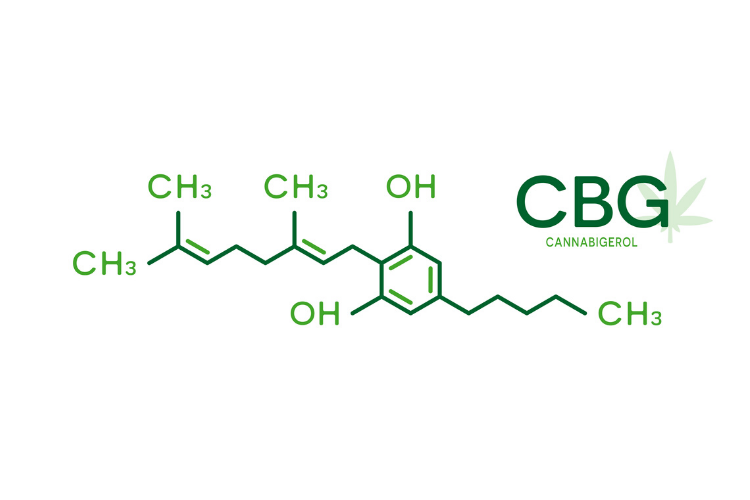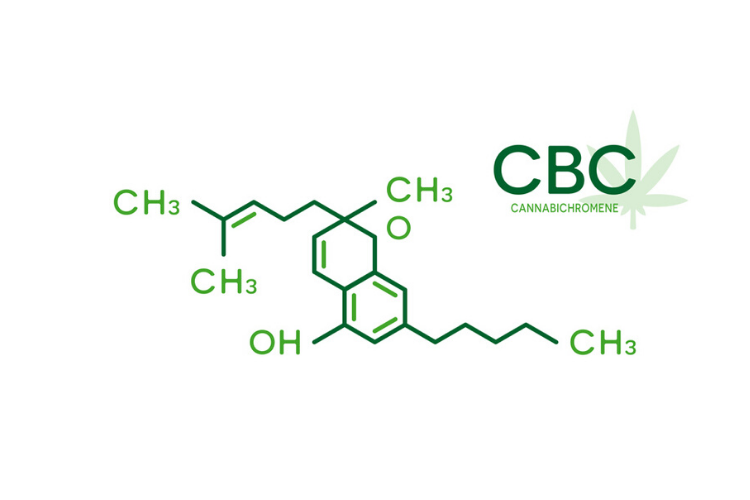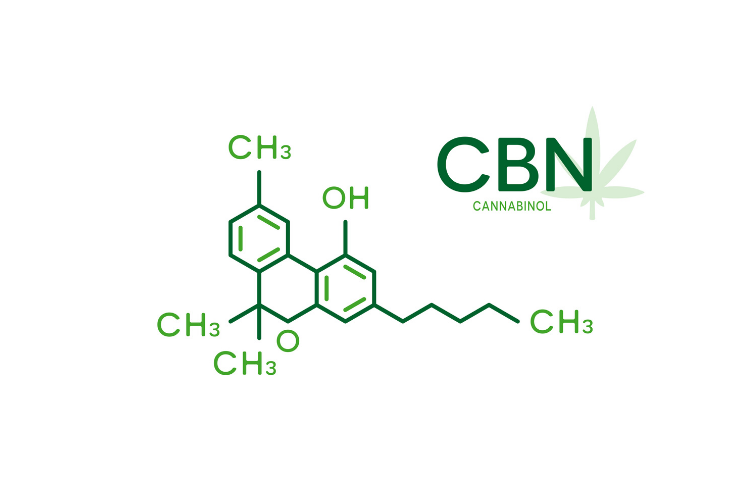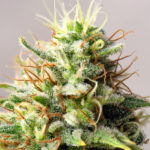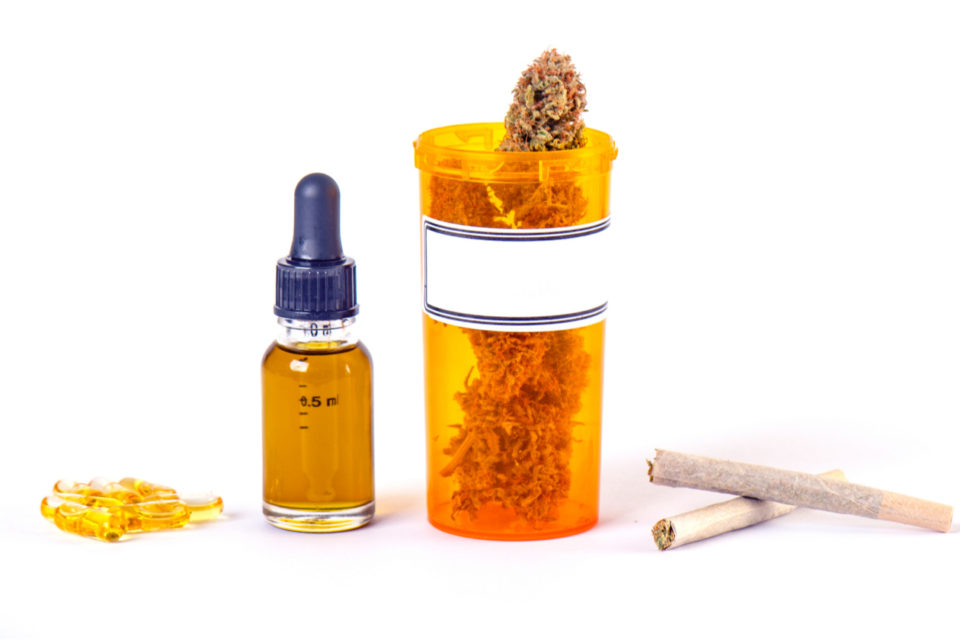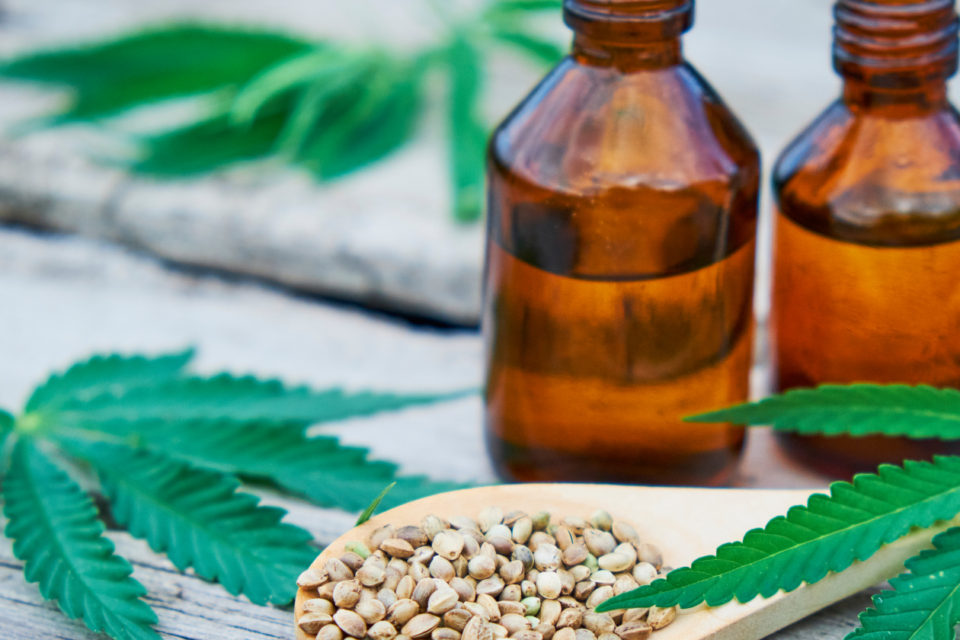You’re probably well acquainted with THC and CBD, the most abundant cannabinoids in marijuana. But they’re not the end of the story when it comes to this fascinating and incredibly complex plant: Researchers have identified roughly 150 different cannabinoids, and each of them exerts different effects on our bodies (and our minds).
Meet CBG, CBN, and CBC. While none of these cannabinoids is exactly “new,” they’re getting a lot of attention for their exciting medical potential. Get to know them now, because it’s a safe bet you’re going to hear a lot more about them soon!
CBG: Minor Cannabinoid, Major Potential
Though it was first identified in 1964, CBG is only now receiving intense scrutiny. Although its chemical precursor CBGA is the source of the three main lines of cannabinoids—THCA, CBDA, and CBCA—relatively little CBGA ends up as CBG.
But the CBG that remains plays a major role. It’s currently being evaluated for its ability to treat a long list of medical conditions, including:
- Inflammatory Bowel Disease: A blanket term that includes Crohn’s disease and ulcerative colitis, IBD is an incurable and potentially debilitating condition.
- Glaucoma: CBG may play a major role in decreasing ocular pressure as well as serving as a vasodilator, or medication to open blood vessels.
Cancer: In one study, CBG inhibited tumor growth, suggesting that experimental cannabis-based treatments may be closer than we think.
One problem for researchers is that CBG is so scarce. Now, botanists are working on strains naturally higher in this powerful cannabinoid. These strains will generally contain low volumes of THC, which may increase their appeal for medical users. Stay tuned!
CBC: Pain-Fighting Powerhouse?
Like CBG, CBC was identified in the 1960s, but because of federal prohibition, its promise and potential were largely forgotten for decades. Now researchers are busy making up for lost time. While CBC—like its cousin CBD—doesn’t produce a psychoactive “high,” CBC imparts other medically useful effects, like a powerful pain-fighting ability.
Some clinicians believe that CBC contributes to the “entourage effect,” the complex interactions between cannabinoids, terpenes, and other cannabis compounds. But there’s more—here are a few of the medicinal effects attributed to this intriguing cannabinoid:
- Analgesic and anti-inflammatory: A paper from 2011 found that CBC and CBD showed significant promise in the treatment of certain types of pain.
- Healthy gut function: A recent paper suggests that CBC plays an important role in regulating our gut functions.
- Nervous system health: In 2013, researchers found that CBC may stimulate the production of neurons, with potentially profound implications for people suffering from disorders such as Parkinson’s and Huntington’s.
- Skin health: A recent study found that CBC helps control acne by utilizing the same anti-inflammatory properties that make it a powerful pain-fighting tool.
CBN: A Key to Restful Sleep?
First identified in 1896, it was once believed that CBN caused the cannabis plant’s psychoactive high (that’s THC, of course). CBN is actually caused by the chemical breakdown of THC due to heat or light. Leave your weed out in the sun for a while, and you’ll end up with a high-CBN strain!
There hasn’t been a ton of research on CBN yet, though studies suggest that, like many cannabinoids, it exhibits anti-inflammatory properties. There are initial signs that CBN may be a powerful sleep aid, as demonstrated by a 2017 study. But its findings are far from definitive. As with so many topics in cannabis, more research is needed before we know for sure.
You can find a variety of strain of products featuring these cannabinoids and more at your favorite Venice Beach dispensary. Place your order now via our online menu.
